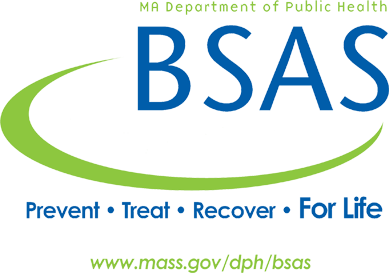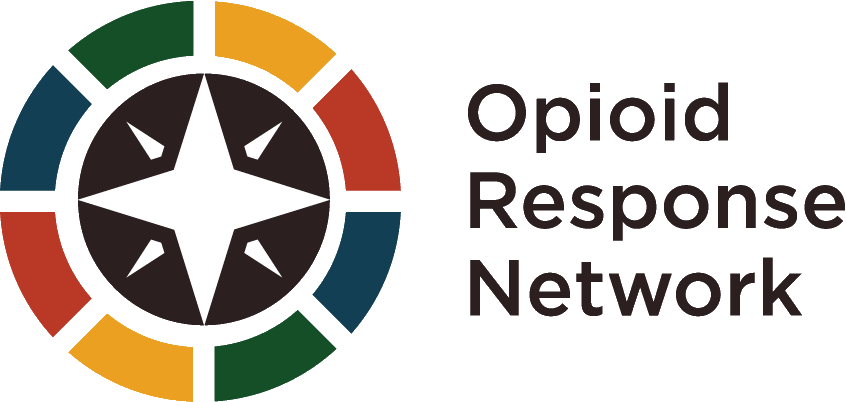Rhode Island is now the first state in the country to legally authorized a two-year pilot program for harm reduction centers, effective March 1, 2022. MD and AMA Opioid Task Force Chair, Bobby Mukkamala, has expressed the AMA’s support for harm reduction centers, as Rhode Island paves the way to effectively educate, design, and implement safe-injection sites centered around harm reduction strategies. Truthout provides a fascinating article on the changes in advocacy for addiction medicine on national and state levels. The article also provides more details on the developments of RI’s new law.
To read the full Truthout article, click here.
For information reported by the American Medical Association, click here.





